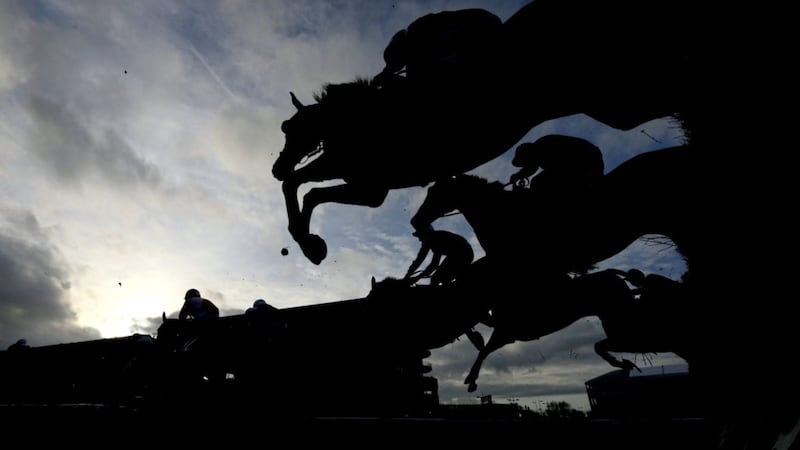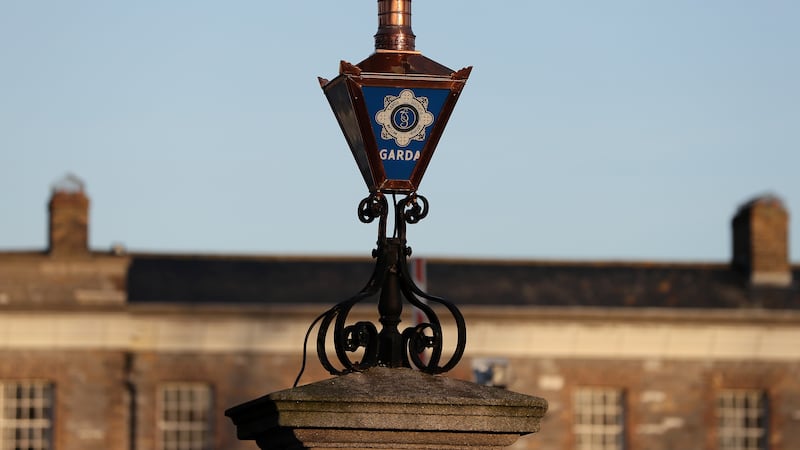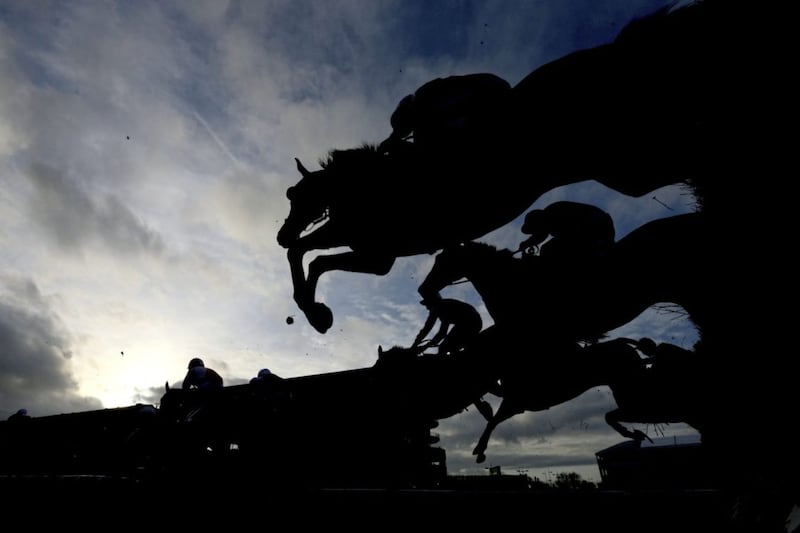Thoroughbred racehorse experts have questioned why the Government's Brexit plan did not specifically mention the €1.3 billion industry.
The Irish Thoroughbred Breeders' Association (ITBA) and the Alliance for Racing and Breeding said negotiators should look at solving issues around border crossings by using enhanced chip technology and dedicated horse lanes at key ports.
But they warned that the long-standing tradition of racehorses being moved freely from Ireland to Britain and France under a special treaty is at risk from Brexit.
Elizabeth Headon, of the Alliance for Racing and Breeding, said there were welfare concerns about valuable horses being forced to remain in horse boxes for prolonged periods at border checkpoints.
"While it may be quite hidden now, if we got into a position where there are fewer runners at Cheltenham it would be very visible, very public, very quickly and everybody would say what's going on, where are these horses," she said.
"It was a little disappointing that in the Government plan for Brexit our sector was not specifically named."
The Seanad Special Select Committee on the Withdrawal of the United Kingdom was told there are about 200 horses moving between Britain and Ireland every week and about 17,000 work in the thoroughbred industry.
At the Cheltenham Festival in March there were a record 19 Irish-trained winners and at Royal Ascot last year, one in three races was won by Irish-trained horses.
Ms Headon, who is on the board of Horse Racing Ireland, said: "British racing is not a replacable market for the Irish thoroughbred industry.
"Unlike many other sectors, we simply cannot turn to develop large racing industries in other EU countries such as Denmark, Portugal or Germany, or adapt our product to suit new markets."
The committee was also told the industry believes there is a lot of interest and support for it, and that their ideas to solve issues around Brexit, the border and the transport of racehorses and bloodstock would not be resisted.
Ms Headon said there are big concerns that owners who currently use Ireland as a base for their animals would instead opt for Newmarket.
"There would be huge consequences for rural employment for us," she said.
On the free movement of thoroughbred horses between Ireland, Britain and France, Shane O'Dwyer, ITBA chief executive, said there is a risk that under European rules Ireland and France would not be allowed to have a treaty with Britain to allow for open borders for the equine industry.
"It is vital that this agreement is retained," he told the committee.
Elsewhere, the Ulster Farmers' Union (UFU) told the committee that the UK Government should make a clear statement on the future for migrant workers after Brexit.
The organisation said food processors and the wider agri-business sector would not be able to find people born and raised in Northern Ireland to fill the jobs currently being done by people from overseas.
Barclay Bell, UFU president, said: "Could they employ local staff – the answer is no.
"We feel this is one (issue) that we need a clear statement from the UK Government on where they are going with this one."



